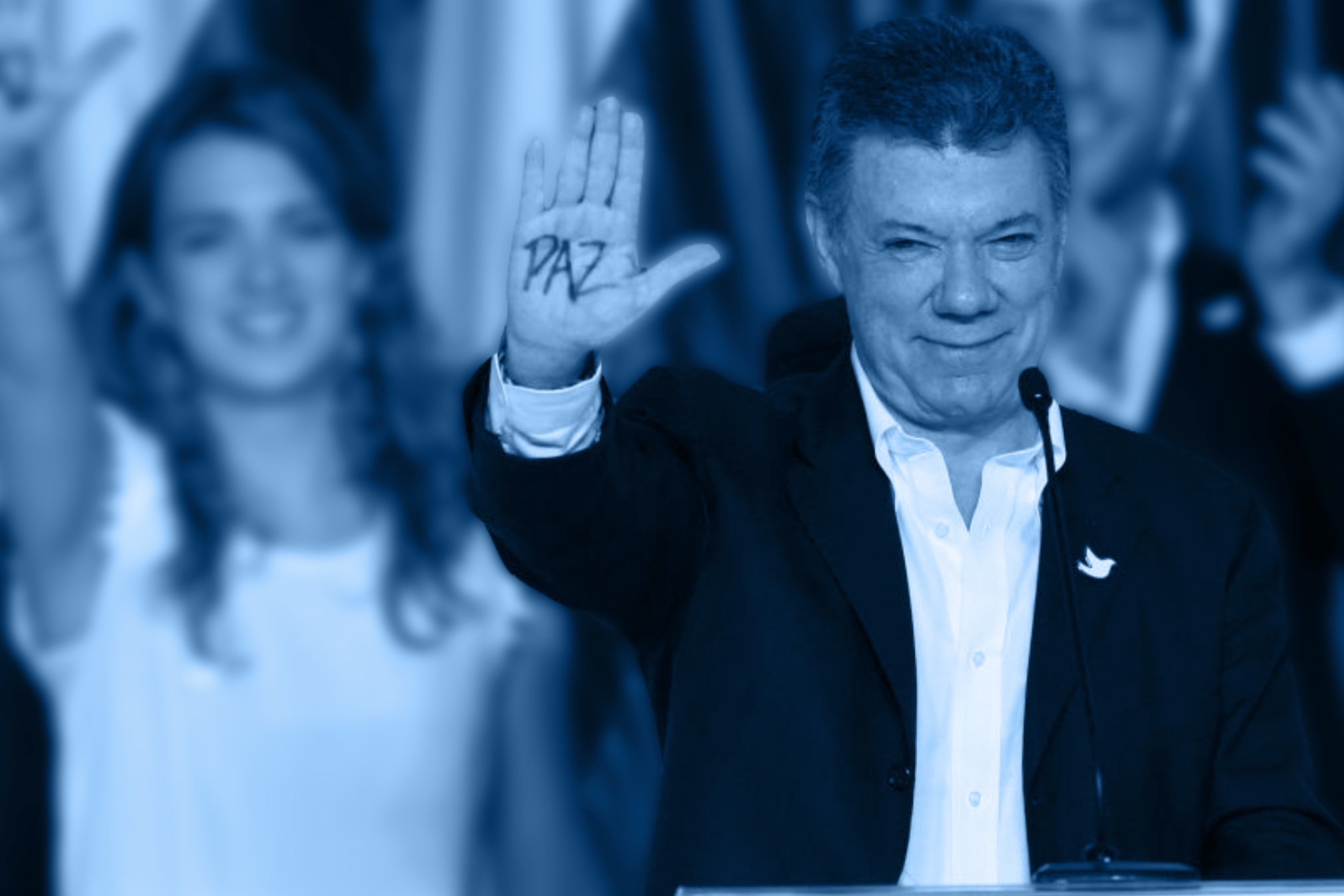When Data Became Strategy: The Reelection of President Santos
Key Points
• On June 15, Colombian president Juan Manuel Santos became the first incumbent Latin American head of state in recent memory to win reelection after losing in the first round—achieving a remarkable 10-point turnaround in just 10 days (June 5–15).
• President Santos’s campaign used innovative research to develop sophisticated communication strategy that: articulated the benefits of ending the half-century conflict with the FARC rather than just informing voters that he was working on it; elucidated that Mr. Zuluaga was for war while President Santos was for peace; informed voters of President Santos’s achievements which were largely unknown; and created a clear contrast with Mr. Zuluaga on economic issues.
• When the Santos campaign implemented its new strategy on June 5, Mr. Zuluaga’s lead and his advantage on economic issues collapsed according to internal polling data, a situation that continued through election day.
This is the story of the strategy that made it possible.
Introduction
While much of the media coverage has portrayed the Colombian presidential election as a referendum on the peace process, the untold story of the 2014 Colombian election is the role that data played in informing the campaign’s final communication strategy— articulating the benefits of peace, informing voters of President Santos’s achievements, and addressing voters’ economic aspirations—that allowed President Santos to go from a four-point deficit in the polls to a convincing six-point win in just 10 days.
Despite a successful first term in office and peace talks with the FARC that were supported by a majority of Colombian voters, polls showed a close presidential race for President Juan Manuel Santos. Then, in the midst of a scandal involving a top campaign operative, the Colombian leader suffered a defeat in the first round of votes to uribista Óscar Iván Zuluaga. Stung by the loss on May 25, the Santos campaign began conducting research to find a pathway forward.
The data clearly indicated that a new approach was needed to win. While articulating the benefits of peace with the FARC allowed President Santos to surpass 40 percent in the polls in the race for the first time, the president continued to trail Mr. Zuluaga by four points as of June 4. Following research recommendations, beginning June 5, the Santos campaign began broadening its message to emphasize the president’s accomplishments, which research revealed were largely unknown but popular when voters were informed of them, and drawing sharp contrasts with Mr. Zuluaga on economic and social issues. The campaign also sharpened its message on peace by asserting that Mr. Zuluaga was for war rather than peace. Upon adopting this new strategy, the momentum shifted in President Santos’s favor and culminated with an historic victory on June 15.

